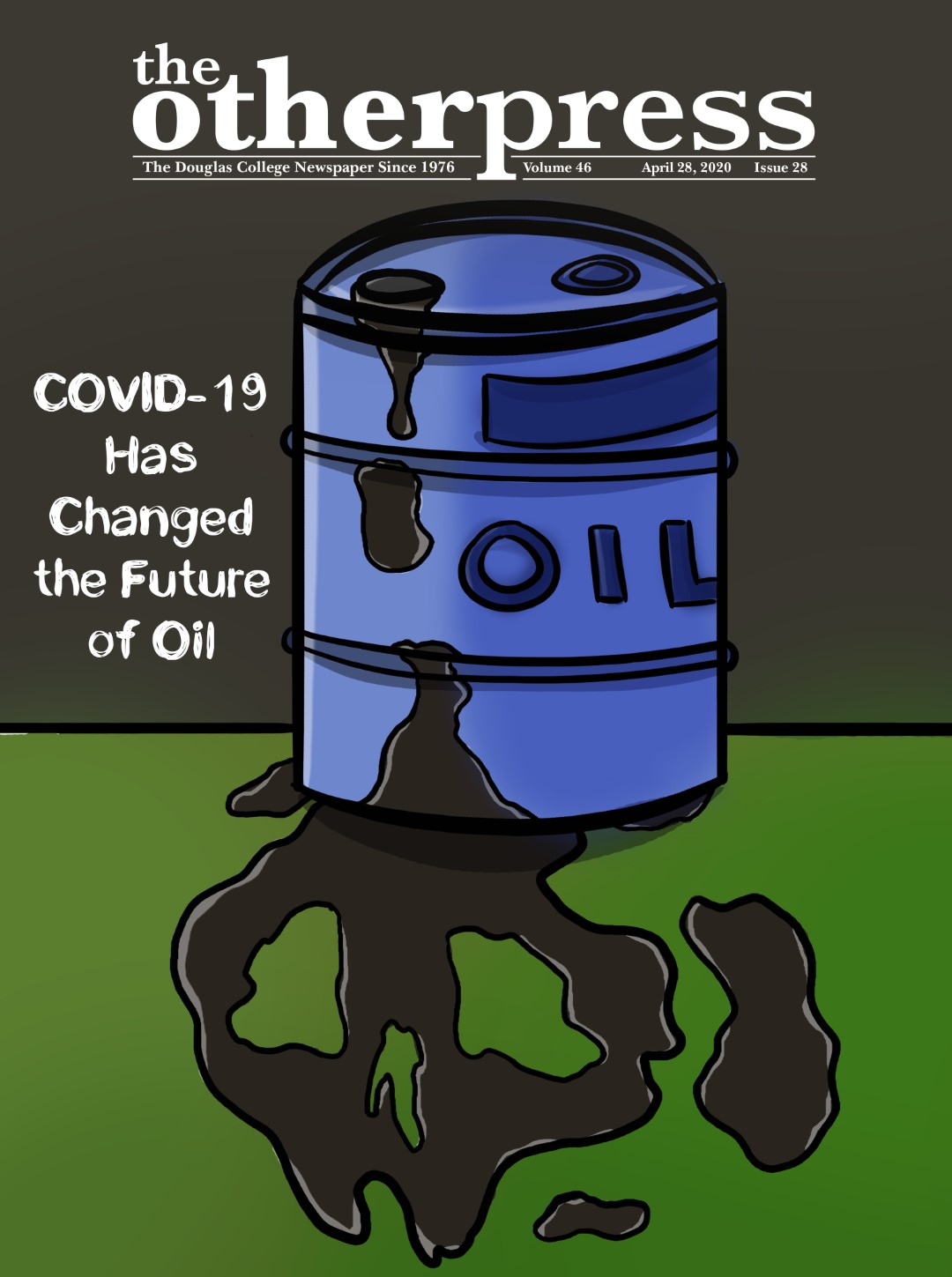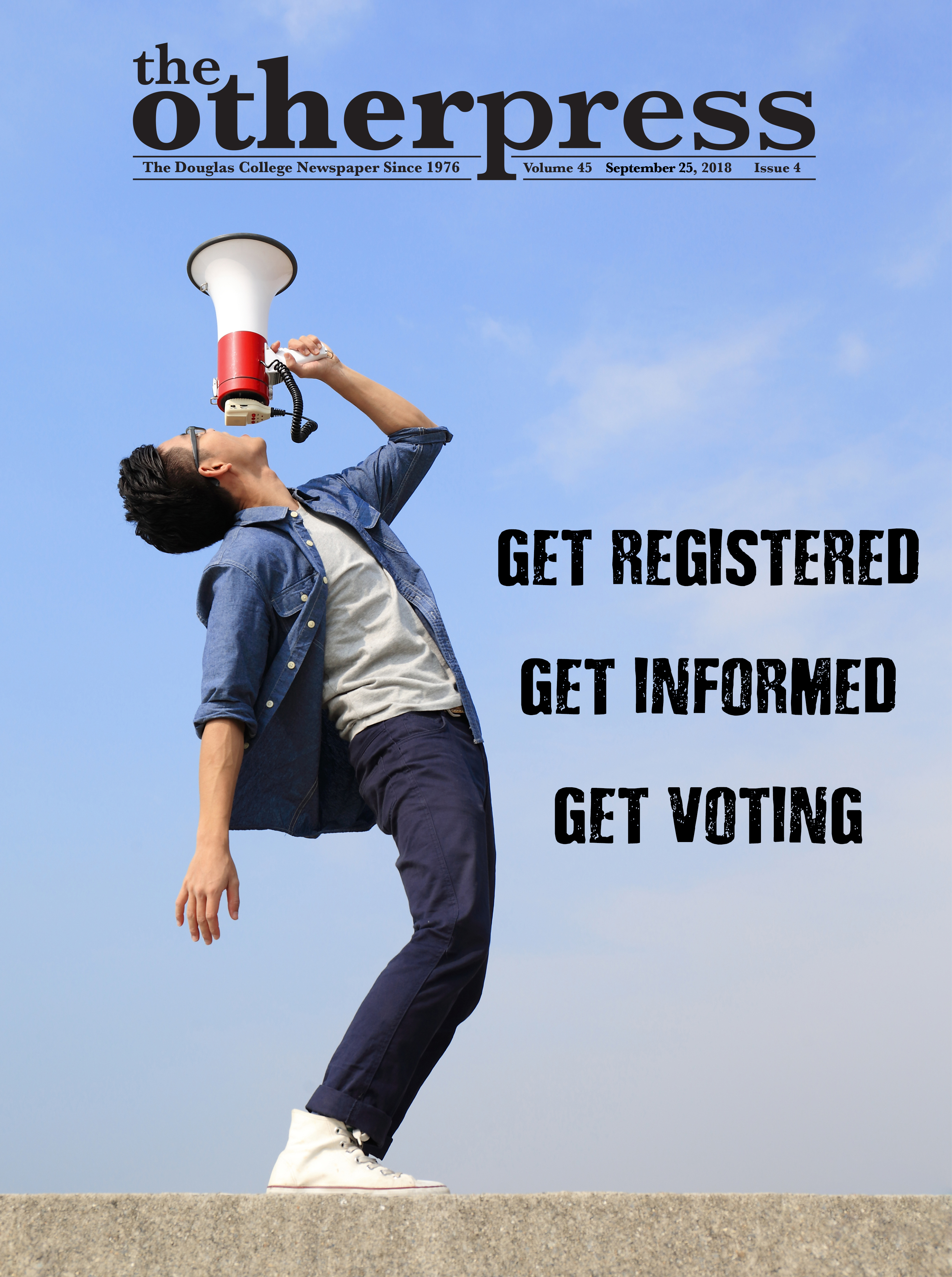The cost of running a successful public transportation system through a large private company
By Koy Tayler, Contributor
Is public transportation in Metro Vancouver a huge success or one big flop?
There is a growing debate about whether or not TransLink is maintaining its goal of sustaining a safe and reliable transportation system. This private corporation has had many ups and downs over the course of its more than 15 years of existence. TransLink is facing criticism for its management of revenue, which is provided through ridership and various taxes. In recent years the public’s vocal dissatisfaction has been increasing. Positive company relations, system infrastructure, and programs to increase ridership are being drowned out by users’ negative reactions.
Many in the public are frustrated with TransLink’s allocation of its revenue. Taxpayers’ money does not seem to be invested effectively within the transportation system. In some cases, infrastructure and programs controlled by the company are not living up to expectations, and this is undermining the company’s integrity with the residents of Metro Vancouver.
It is believed that many are losing confidence in the public transportation system due to a number of commuter headaches. In the past year alone, there have been system-wide shutdowns of the SkyTrain, less than expected ridership, and delayed implementation of the Compass Card system. Adding to the frustrations regarding events such as these, a 0.5 per cent sales tax increase has been proposed in part to help fund a new Light Rail Transit Project, as described on TransLink’s official website.
Many believe that the current tax collection and user revenue should be enough to support these developments—if money was handled and allocated more wisely—without putting more costs onto residents. As reported by NoTransLinkTax.ca, this sales tax increase amounts to $258 annually per household; it would also be added to the $0.17 per litre of gas from the TransLink gas tax; 21 per cent from parking tax; $0.05 per litre of gas from the federal gas tax; $22.80 a year on electricity bills; property taxes that increase three per cent every year; and finally the $4.30 toll for a single trip across the Golden Ears Bridge.
The publication of salaries of senior staff at TransLink on NoTransLinkTax.ca is perpetuating the need to investigate recent increases in taxes and rider fares. It is believed that if senior management were to adjust current salaries to reflect similar positions, it would create circumstances for a better oversight of how money is allocated. Ian Jarvis, former CEO of TransLink, had an approximate total compensation of $468,000 for the year of 2013 alone. He was paid roughly $140,000 more than the country’s Prime Minister—was this salary justified?
Newly appointed TransLink CEO Doug Allen is paid a total of $35,000 a month. That’s more than some people make annually, but Allen claims that this is a reasonable amount due to the significant responsibilities that his position entails. Many have been asking why Allen’s compensation is significantly higher than those of other senior management officers in districts such as New York. For example, Metropolitan Transportation Authority chairman Thomas Prendergast received a total compensation of approximately $350,000 for the year of 2013. When calculated, Allen’s total compensation for a single year is approximately $70,000 more than Prendergast’s. NYDailyNews.com also shows, along with the figures above, that Prendergast is the top earner of upper management within the Metropolitan Transportation Authority. It is also important to put the population of these geographical areas into perspective. The city of New York has a population of approximately 8.4 million, while Metro Vancouver has a population of approximately 2.5 million; so, one could argue that between the two, Prendergast should be the higher annual earner for running such an efficient public transportation system serving so many people, compared to Allen who has not been very successful in satisfying the users of TransLink.
How will TransLink gain back the trust of Metro Vancouver residents? Removing Ian Jarvis was the first step of possibly many in the hopes of winning approval, but how much more will need to be done to renew the company’s financial integrity with the public? This is a question that many residents may not have an answer to, but which puts TransLink in a more challenging situation.
Despite criticisms of TransLink’s fund allocation, taking on a broader and impartial view of Metro Vancouver’s transportation system could allow for people to see that it is quite strong. On a day-to‐day basis this network of arteries carries an incredible number of people with minimal disruptions of commuter travel to their destinations. Projects such as Surrey Light Rail Transit and expansion of the Evergreen Line are required to develop and enhance Metro Vancouver’s public transportation system. The trials of new, consumer-conscious systems such as the Compass Card are understandable because such technology and ideas have never been implemented in the Lower Mainland before. Both areas of improvement within the system are aimed to please riders and make using it a greener, easier, faster, and more affordable option of transportation.
Two Metro Vancouver mayors have recently been elected to TransLink’s Board of Directors. This may be seen as a positive step in revitalizing the public’s trust and image of TransLink; that Vancouver Mayor Gregor Robertson and Surrey Mayor Linda Hepner can, with their experiences with residents, effectively represent interests of the public within the company.
Do current costs and proposed increases reflect prices needed to run a world-class public transportation system? And if this amount of capital does indeed echo what is required to run such a system, are taxpayers willing to contribute the revenue needed to maintain and further develop this level of service? Both Robertson and Hepner back the proposed sales tax increase, among others. Many in the Lower Mainland respect both the mayors, so is their “yes” vote an indication that this revenue is truly needed? Some argue that Metro Vancouver residents’ quality of life and the health of our environment rely on the efficiency of the public transit system. Unfortunately it costs money to provide a safe and comfortable public transportation system, so Metro Vancouver’s citizens may have to be satisfied with absorbing supplementary costs.
Despite this, it is extremely easy to pump more revenue into a system, but best utilizing taxpayers’ investments is the complicated part of running a public transportation system. To create change, it is up to the individual users of TransLink to come together as a collective whole and effectively communicate with TransLink about concerns regarding the way the system is managed.



